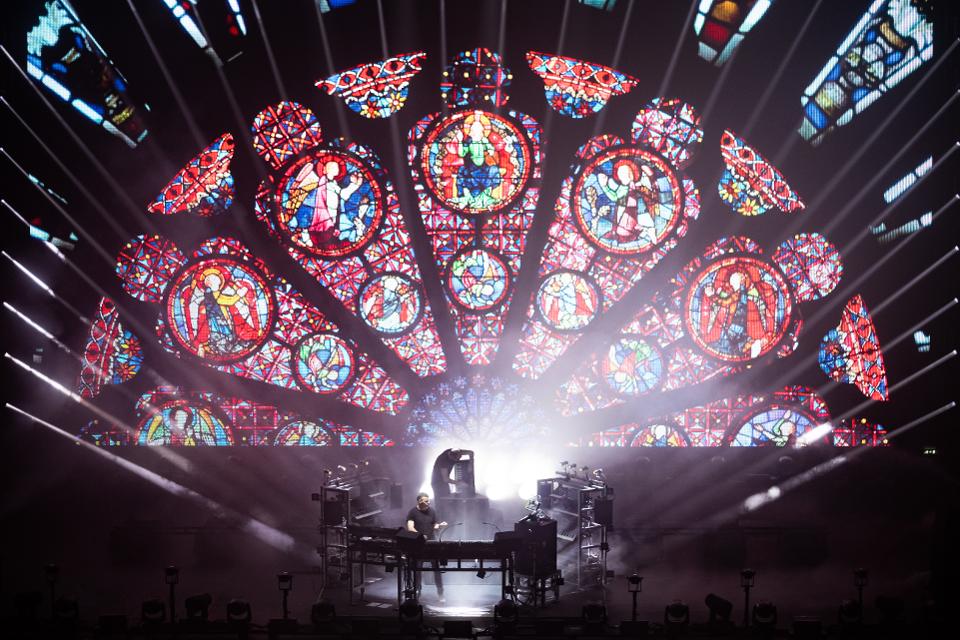The Chemical Brothers collected two big Grammy awards in electronic music this year – Best Dance/Electronic Album for No Geography and Best Dance Recording for “Got to Keep On.” With six Grammys to date, the British electronic dance duo creates a mainstream genre of music that has never been performed live during the event. Yet a more diverse representation of artists and genres, including electronic dance music (EDM), is exactly what the Grammys need most.
Artist attendance at the Grammys continues to dwindle. Beyoncé, Jay-Z, Jennifer Lopez, Lady Gaga were all absent this year, and Taylor Swift hasn’t attended the event since 2016. Some performers were busy working on projects, while others were simply snubbed. Then, there are those who shun the invitation and question the validity of the awards altogether.
The Chemical Brothers, Tom Rowlands and Ed Simons, are known for helping move EDM into pop culture. Excluding them from the live Grammys telecast was a missed opportunity for the Recording Academy to shine and present more diverse genres. This year the duo’s “We’ve Got to Try” video was up for Best Music Video, though the award went to “Old Town Road” by Lil Nas X and Billy Ray Cyrus. Silver lining of the loss was that Lil Nas X brought cultural diversity onstage.

LOS ANGELES, CALIFORNIA – JANUARY 26: (L-R) Billie Eilish, Lizzo, Lil Nas X, and Finneas O’Connell … [+]
GETTY IMAGES FOR THE RECORDING ACADEMY
The academy is regularly criticized for lacking diversity and inclusiveness among its Grammy Award nominations, and the Grammys live telecast remains a limited representation of pop culture when dance music is not part of the mix. Some people in the industry feel that EDM is not popular enough to be included on air, as artists like David Guetta and Avicii were not even nominated for an award this year. Opposing sentiment is that it makes no sense that EDM is excluded and that incorporating it into a live show would garner more respect for the genre and confirm the influence of dance in pop culture.
Electronic dance music (EDM) is the world’s third most popular genre of music, according to a 2019 International Music Summit (IMS) report on the electronic music industry. The report also shows that about 1.5 billion people around the world listen to electronic music, and out of 19,000 people ages 16-64 surveyed in 18 countries, 32% listen to Dance/Electronic/House compared to 26% Hip-Hop/Rap/Trap, 24% Classical and 23% R&B. Globally, this translates to more than 1.5 billion people ages 16-64 typically listening to electronic dance beats.
While the same report shows that estimated earnings of highest-paid DJs fell significantly in 2018, most DJs reported playing more than 100 shows during the year. Value of the electronic music industry decreased 1% from 2018-19 to $7.2 billion, though the global industry continues to mature and stabilize overall. The Grammys could help propel that trend by highlighting all genres of music equally.
Live EDM performances alone may not reinvigorate the Grammys, though the academy has nothing to lose by making changes that illustrate how inclusive and diverse it claims to be.
FORBES

